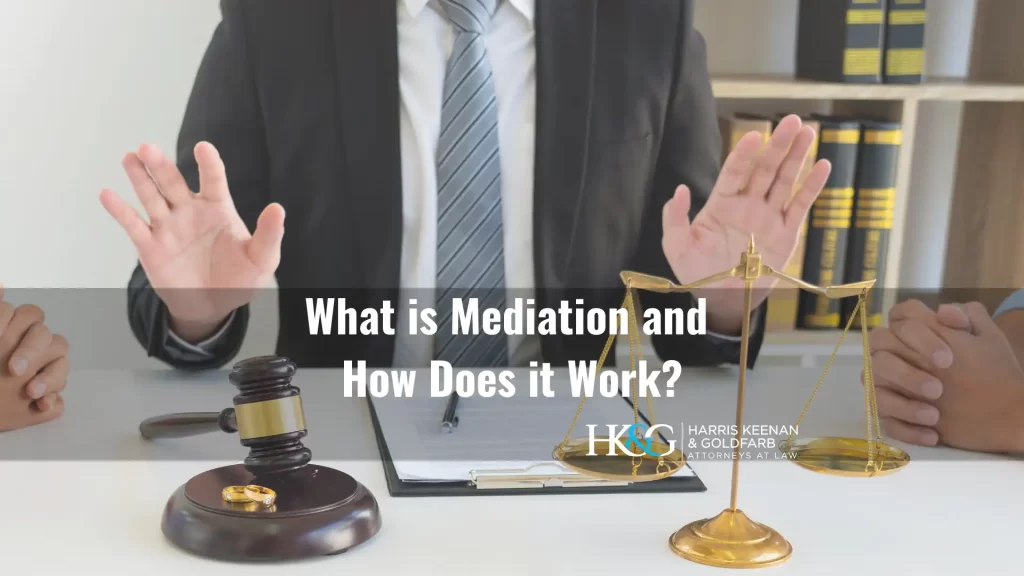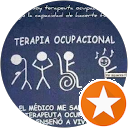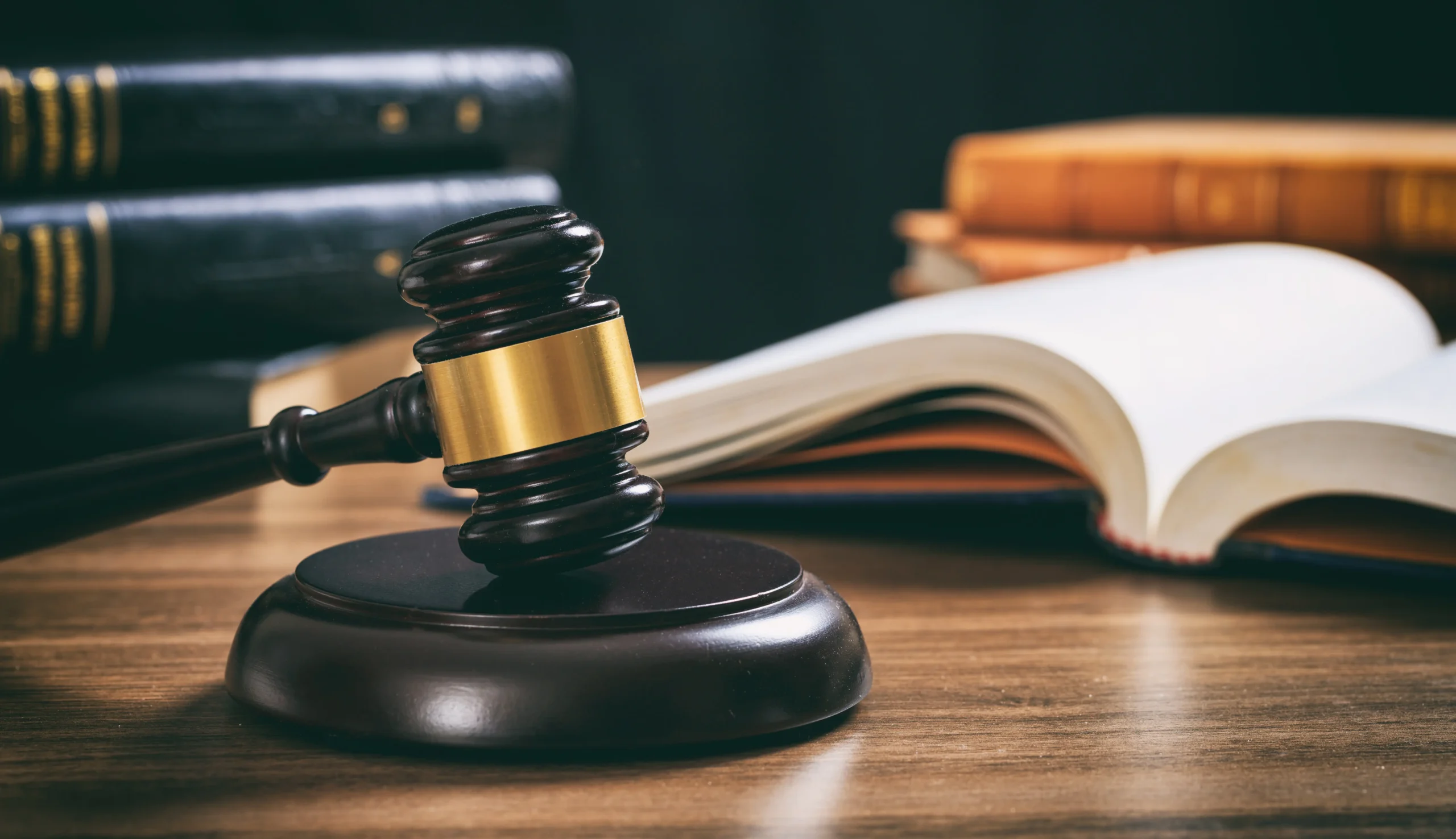A Brooklyn jury awarded Mr. Vargas $17.5 million for the City of New York’s violation of his civil rights for failing to provide him medical care while in custody. The jury found that the police officers involved failed to provide the necessary medical treatment and awarded $17.5 million to Mr. Vargas.
Recommended Articles
Categories
- Accidents
- After an Accident
- Compensation
- Firm News
- Insurance Claims
- Lawsuits
- New York Car Accident Resources
- New York Medical Malpractice Resources
- New York Motorcycle Accident Resources
- New York Nursing Home Injury & Abuse Resources
- New York Truck Accident Resources
- Personal Injury
- Workplace Injury
Practice Areas
Get A Free Case Evaluation
What is Mediation and How Does it Work?
 If another party has injured you and owes you compensation for your losses, the idea of entering a courtroom to fight for your rights can feel overwhelming. But did you know that there’s an alternative path to resolution? It’s called mediation, and it often provides a less contentious, more efficient way to settle personal injury disputes. Mediation can also be a cost-efficient alternative to taking a case to trial.
If another party has injured you and owes you compensation for your losses, the idea of entering a courtroom to fight for your rights can feel overwhelming. But did you know that there’s an alternative path to resolution? It’s called mediation, and it often provides a less contentious, more efficient way to settle personal injury disputes. Mediation can also be a cost-efficient alternative to taking a case to trial.
What Is Mediation in a Lawsuit
Mediation is a process where a neutral third party, known as a mediator, facilitates a discussion between the injured party (the plaintiff) and the person or entity the plaintiff believes is responsible for their injury (the defendant). The goal is to help the parties reach a mutually agreeable resolution without needing a trial.
What Happens During Mediation
Once both sides agree to mediation, they meet with the mediator – often a retired judge or an experienced attorney. The mediator doesn’t make decisions or impose solutions; instead, they guide the conversation, helping both parties to express their concerns and needs.
The mediation process usually begins with each side presenting their case. The plaintiff shares details about the injury, its impact on their life, and what they believe is fair compensation. The defendant, or their insurance company, presents their perspective, which might include reasons they believe the compensation should be less.
These discussions may happen with both parties in the same room, or the mediator might move between separate rooms, conveying information and proposals. This process continues until either the parties reach an agreement or it becomes clear that an agreement is impossible.
How Long Does it Take in a Personal Injury Case?
The length of the mediation process in a personal injury case can vary significantly based on factors such as the case’s complexity, the number of parties involved, and the willingness of each party to negotiate and compromise.
Generally, mediation sessions last for a few hours, but some complex cases may require multiple sessions spread over days, weeks, or even months. Despite this, it’s important to remember that mediation is typically a faster alternative to a full court trial, which can take years to reach a verdict.
The flexibility of scheduling is another advantage of mediation. Instead of waiting for a court date, parties can often arrange mediation sessions at their mutual convenience. This expedites dispute resolution and leads to quicker payouts if the parties reach a settlement.
Is Mediation Legally Binding in a Personal Injury Case?
An important question many clients ask is whether the results of mediation are legally binding. The answer lies in the nature of the agreement reached during the mediation.
If both parties, the plaintiff and defendant, reach a mutual settlement agreement, that agreement becomes a legally binding contract. Both parties must adhere to the terms set out in the agreement. If a party fails to follow through on the agreed terms, they could face a lawsuit for breach of contract.
However, it’s critical to understand that the process itself is not binding. If the parties cannot agree during mediation, they are not obliged to settle and can choose to proceed to trial instead.
Remember, a well-drafted settlement agreement is critical to protecting your rights after mediation. That’s where having an experienced personal injury attorney becomes invaluable. They will help to ensure that any settlement agreement is in your best interest and properly enforce the agreed-upon terms.
What Happens if it Doesn’t Work
 If you can’t reach an agreement through mediation, your case can still go to trial. You don’t forfeit your rights by attempting mediation first. Plus, the insights gained could prove helpful if your case proceeds to court.
If you can’t reach an agreement through mediation, your case can still go to trial. You don’t forfeit your rights by attempting mediation first. Plus, the insights gained could prove helpful if your case proceeds to court.
Contact Our Mediation Lawyers Today
While the mediation process is less formal than court, having an experienced personal injury lawyer by your side is essential. They will help you prepare for mediation, advocate for your interests, and ensure you understand the implications of any proposed settlement.
At Harris Keenan & Goldfarb, we have extensive experience in mediation and are committed to seeking the best possible outcome for our clients, whether through mediation or court proceedings.
While dealing with a personal injury can be challenging, remember you don’t have to face it alone. Consider mediation as a potential path towards resolution and compensation, and always seek expert legal guidance to navigate the complexities of your case. Contact our office today to get started with a consultation with a personal injury lawyer from Harris Keenan & Goldfarb. Call us at 1-800-PAIN-LAW or fill out our online form.
Over $500 Million in Verdicts and Settlements
Our track record showcases over $500 million won for our clients. Each victory underlines our commitment to justice and client care. Explore our impact, case by case.
What Our Clients Say About Us

Thank you so much for recovering my injury case from 9 years ago that was dead in the water since the company went bankrupt and there was nothing else to do. Miraculously, you resurrected my case and was able to get a settlement which completed for me the horrific accident and the suffering I endured because of it. HK&G makes miracles happen by getting the job done and seeing that justice is served. Thank you so much.
Susan C.
Jason Steinberg is a great lawyer Donna and Terry were always very professional and kind I will always highly suggest this law firm and team to anyone out their. Thank you again to everyone at this incredible Firm!!!
They got me Justice, and achieved a substantial outcome for my case.
I am very impressed, and thankful for their outstanding performance on my behalf.
I am very pleased, and significantly satisfied with their representation.
‐-
Sherylon Wilkins
6 years ago I had a slip and fall accident at my employers place of business. I reached out to them because I knew that I was being wrongfully treated. They took care of the case, restored my self confidence, and brought so much peace to my problem riddled life.
I can recommend without a shadow of a doubt the services of Harris, Keenan & Goldfarb to anyone who is in need of someone who will have your back!
Frequently Asked Questions
Common questions that prospective clients have about personal injury claims include:
Do I need an attorney?
When you have suffered an injury, it can be difficult to know what to do next. If the injury was caused by someone else’s negligence, you may be entitled to compensation. However, filing a personal injury claim can be a complex and time-consuming process. An experienced attorney can help you navigate the legal system and fight for the maximum possible compensation.
How do I know I have a case?
When should I contact an attorney?
How do I determine which one to choose?
Once I hire an attorney, what should I expect?
Recent News
Find out how to move forward after an unexpected event with our short, helpful articles. We share simple advice that can make a big difference in tough times.
Contact Us
Monday - Friday: 9am - 6pm









































